In 2015, South Park introduced their infamous PC Principal, recognizable for his catchphrase, “Check your privilege, bro!” Portrayed as an overzealous, white, Oakley-rocking frat bro, PC Principal aggressively enforces a politically correct environment, often resorting to violence and intimidation. This includes brutally attacking Cartman, one of the show’s central characters, after he fails to use gender-inclusive language. While intended as satire, PC’s fervor for acknowledging biases and unearned advantages sheds light on the ever-persistent debate surrounding privilege.
A significant aspect of the discourse on privilege pertains to envy, as we inherently envy those who possess advantages we do not. Like many children of non-Ivy League alums, I harbor resentment towards legacy admits, despising a system that grants advantages based on entirely uncontrollable circumstances — in the case of legacy admissions, the education of a sibling, parent or grandparent.
But what right do I have to feel anger towards any of these people? Does legacy status, especially if it truly provides only a minimal advantage, really make anyone less deserving of their accomplishments?
Many students I know who have been accepted to prestigious universities or programs, legacy or not, actually express genuine humility. They recognize the impact of their privileges, whether that be special opportunities they received or simply the fact that their parents could help them with math homework, on their success.
Adhering to the saying, they indeed check their privilege. But it still doesn’t take the sting out of the inequality at hand. It’s as if Marie Antoinette said, “The reason that I have cake and you don’t, French peasants, is not because I am definitively superior to you. Rather, it is because of the systematic advantage my noble birth has afforded me, granting me access to social and economic capital that is simply out of reach for the average person.” I’m going to guess that the revolutionaries still would have chopped her head off, but perhaps with more gusto.
Perhaps that example is a little extreme. But suffice to say, even with noble intentions, acknowledging privilege does little more than fan the flames of envy.
Similarly, celebrities face backlash when they check their privilege on social media. Kim Kardashian notably received backlash after she acknowledged her privilege when posting about her exuberant COVID-era birthday bash on X, formerly Twitter. “40 and feeling so humbled and blessed. There is not a single day that I take for granted, especially during these times when we are all reminded of the things that truly matter,” Kardashian captioned photos of her family and friends celebrating on a private island. As her sister Kourtney puts it, “Come on, Kim, there’s people that are dying.”
The discontent with privilege checking lies in its perceived performative nature. While Kim K identifies and acknowledges her unearned privilege, her delivery appears tone-deaf and fails to contribute anything meaningful to the discussion of privilege.
More critically, merely identifying and acknowledging unearned advantages falls short of addressing the root issue — the imperative need to dismantle systems of privilege. The acknowledgment of privilege often remains a superficial gesture without any tangible relinquishment. If a billionaire attributes his fortune to his wealthy father’s financial support but fails to pay his workers fair wages, or if a moderately affluent individual acknowledges that his parents helped him make a few debt repayments but rarely contributes to charitable causes, the acknowledgment loses its significance.
The “check your privilege” saying has been part of mainstream discourse since at least 2013, but more than a decade later, the issues surrounding the discussion remain unresolved. Of course, it is necessary to continually check whether our views and attitudes are a product of our experience. But perhaps simply checking our privileges is not enough.
Still, I’m optimistic. Over the past few years, the debates surrounding privilege have diverged from “privilege isn’t real” versus “yes, it is” to “ok, maybe privilege is real, but I can’t do anything about it” versus “yes, you can.”
In the words of PC Principal himself, “That’s the sound of [2024] pulling you over, people.”



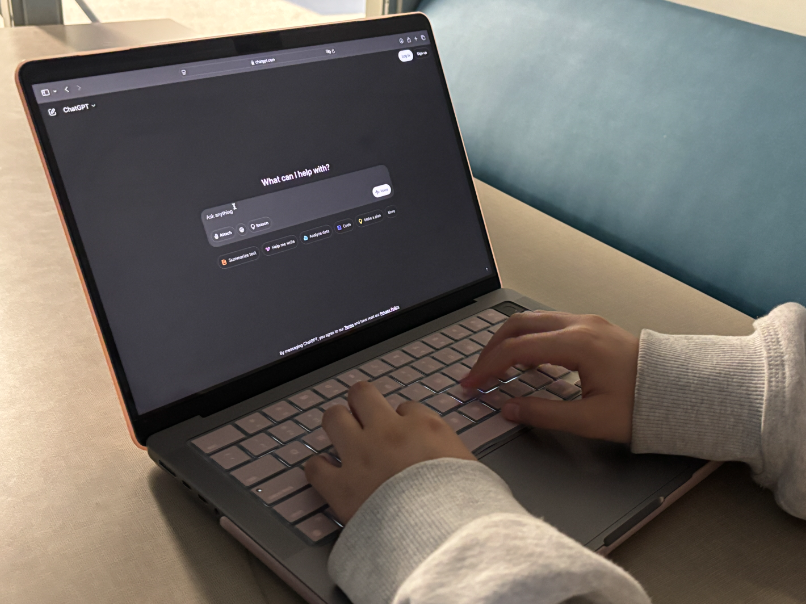










![[DEBATES] Prestigious colleges: value or hype?](https://www.mvviewer.org/wp-content/uploads/2024/12/buildings-1200x654.png)
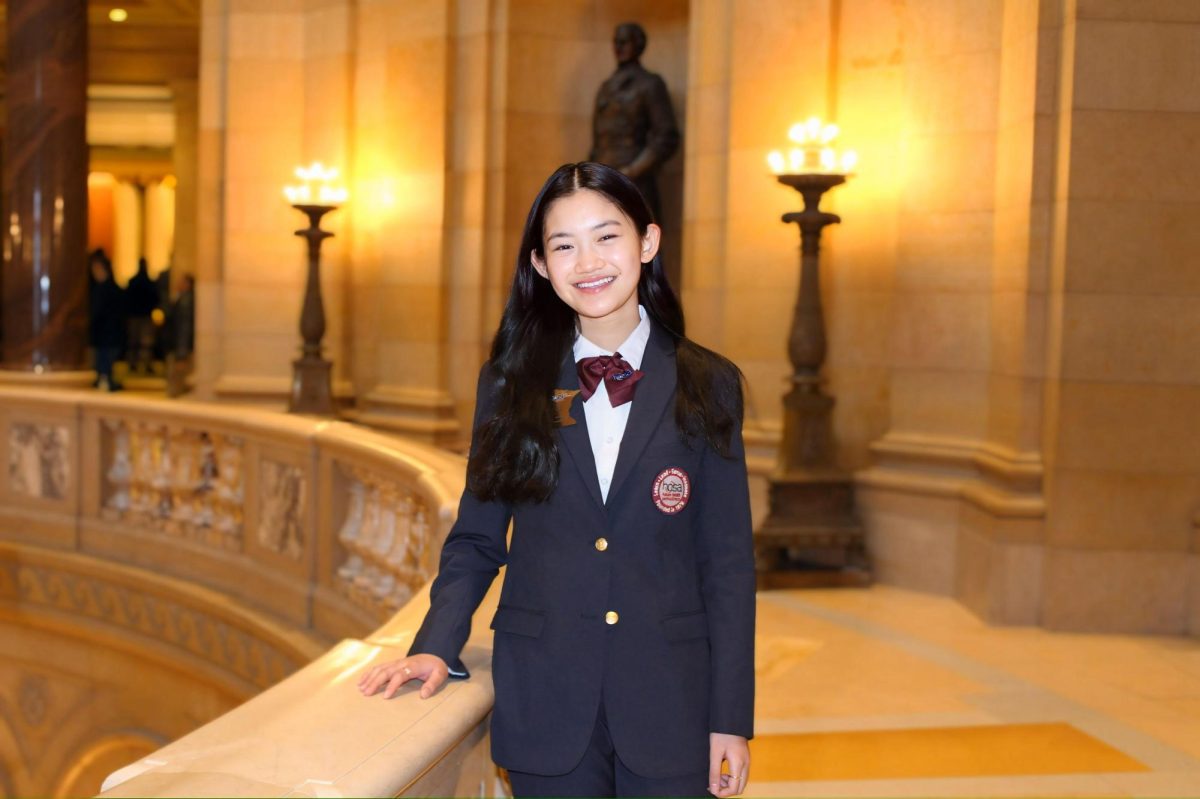

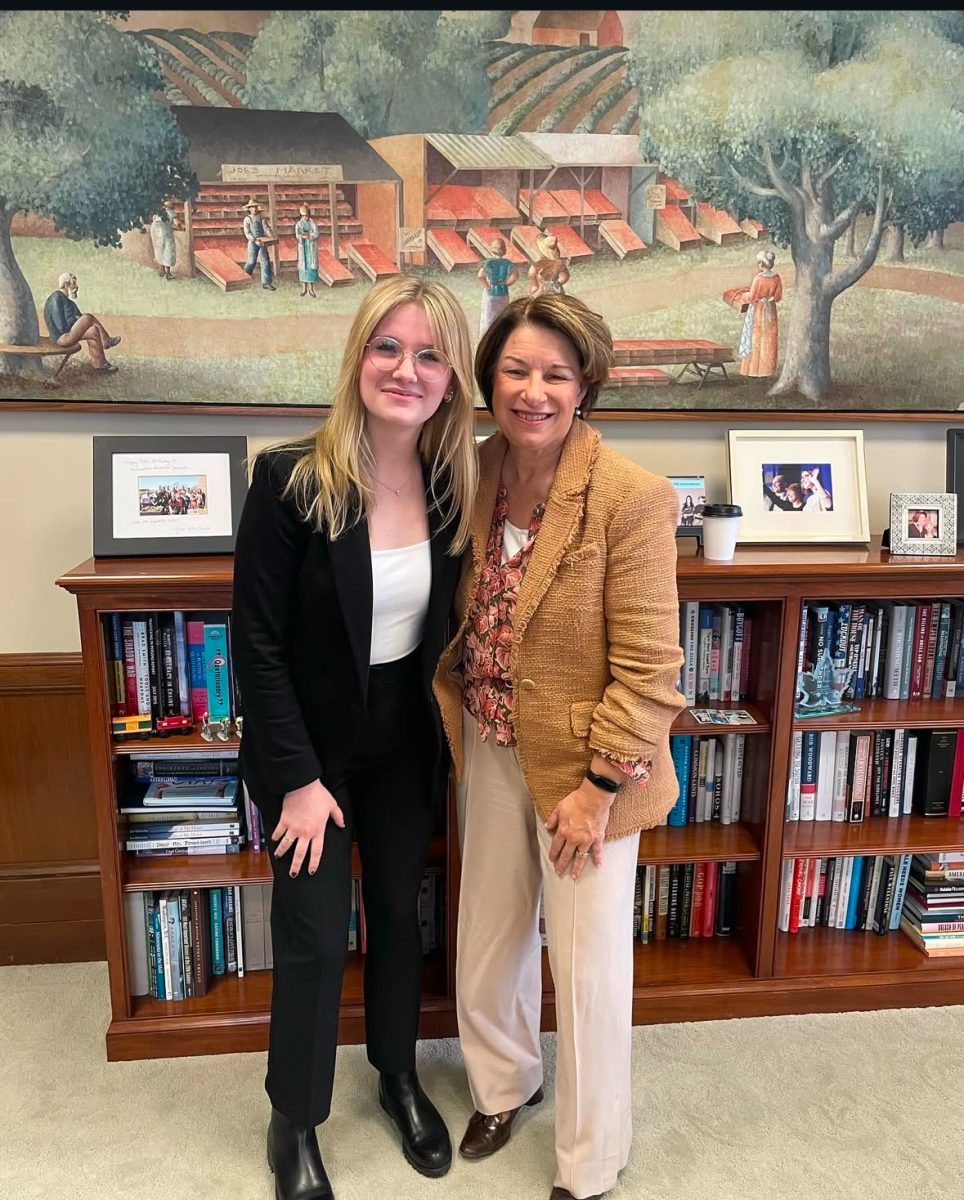
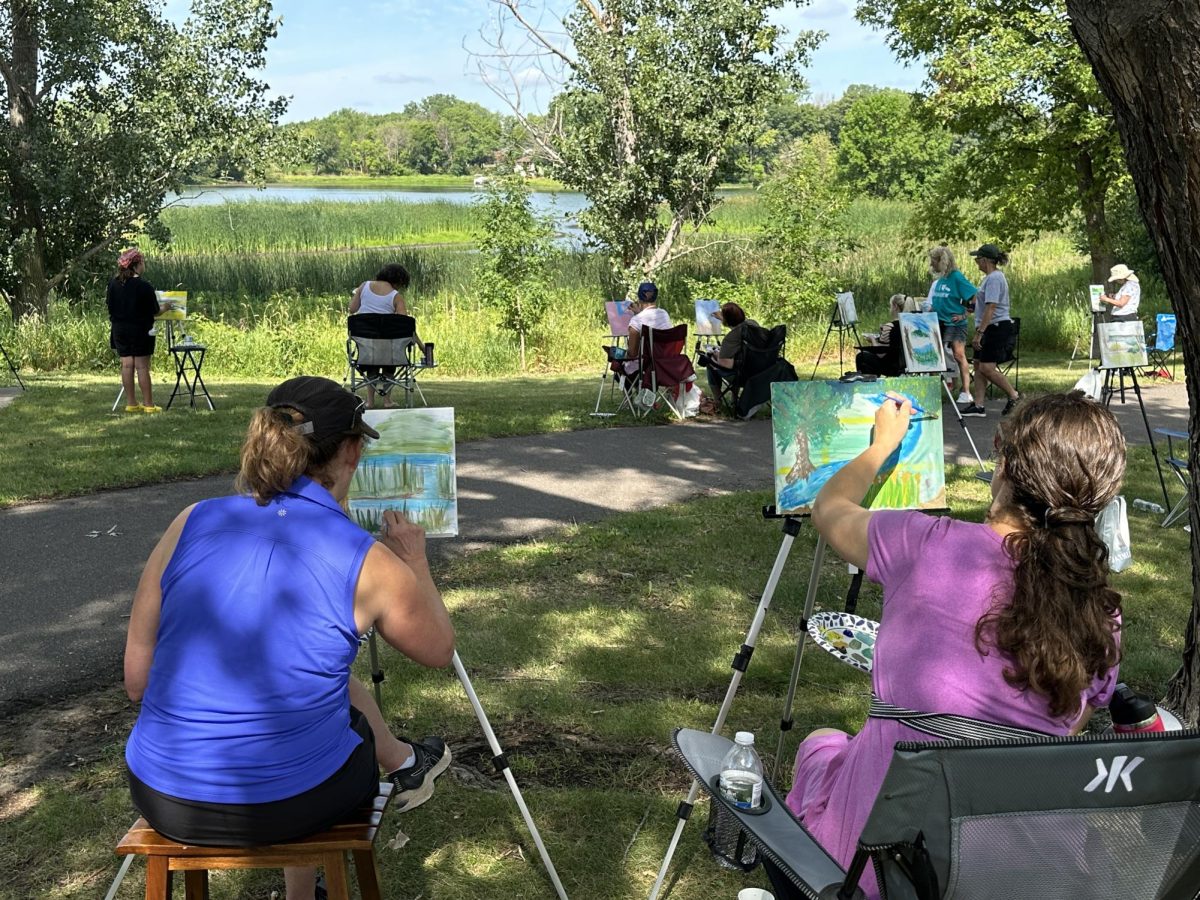







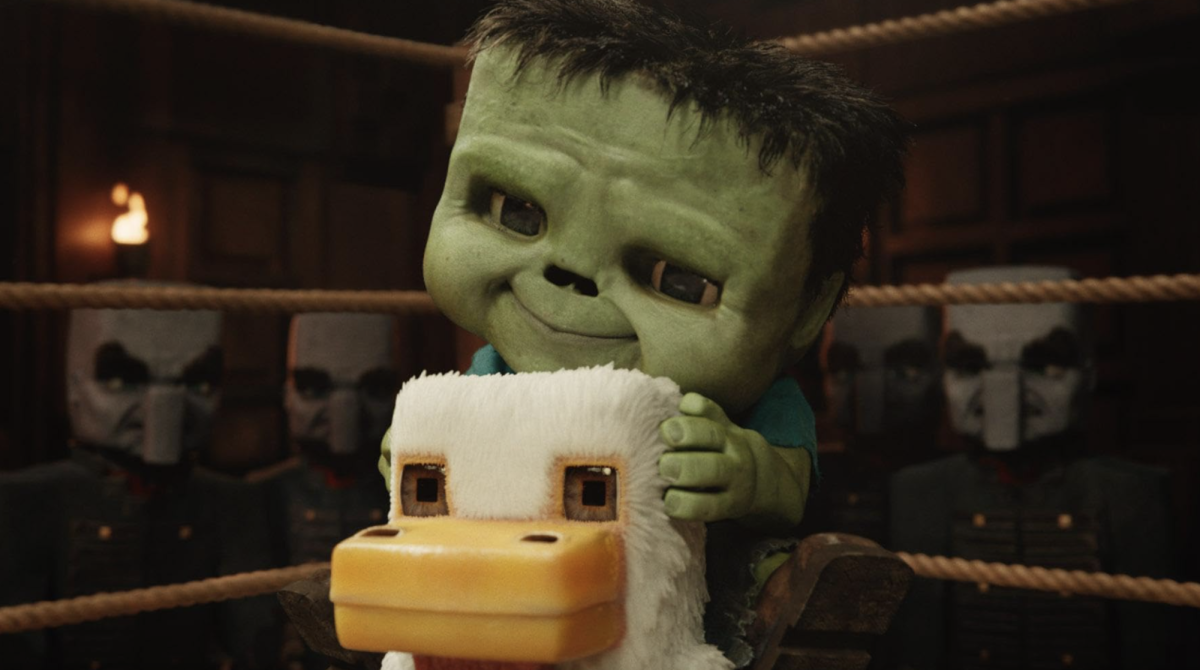



















![[OPINION] The dark origins of TikTok's looksmaxxing trend](https://www.mvviewer.org/wp-content/uploads/2024/02/Copy-of-Copy-of-Untitled-Design-1200x675.png)










